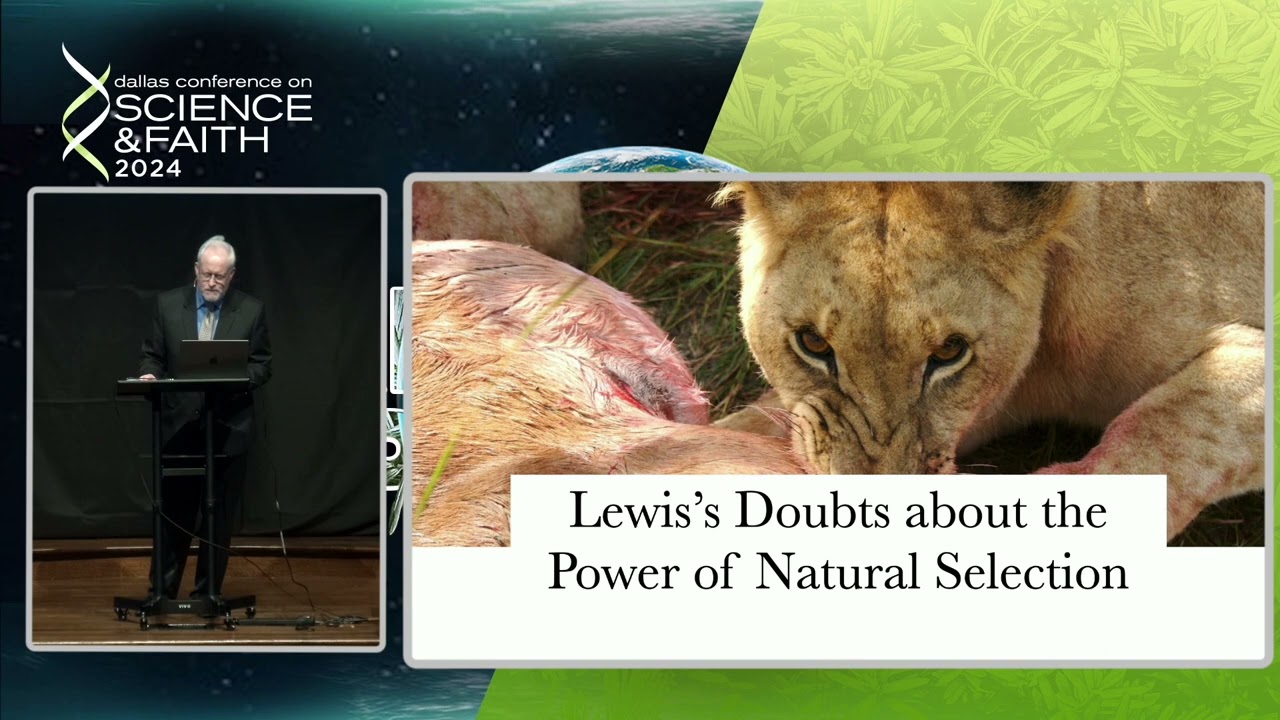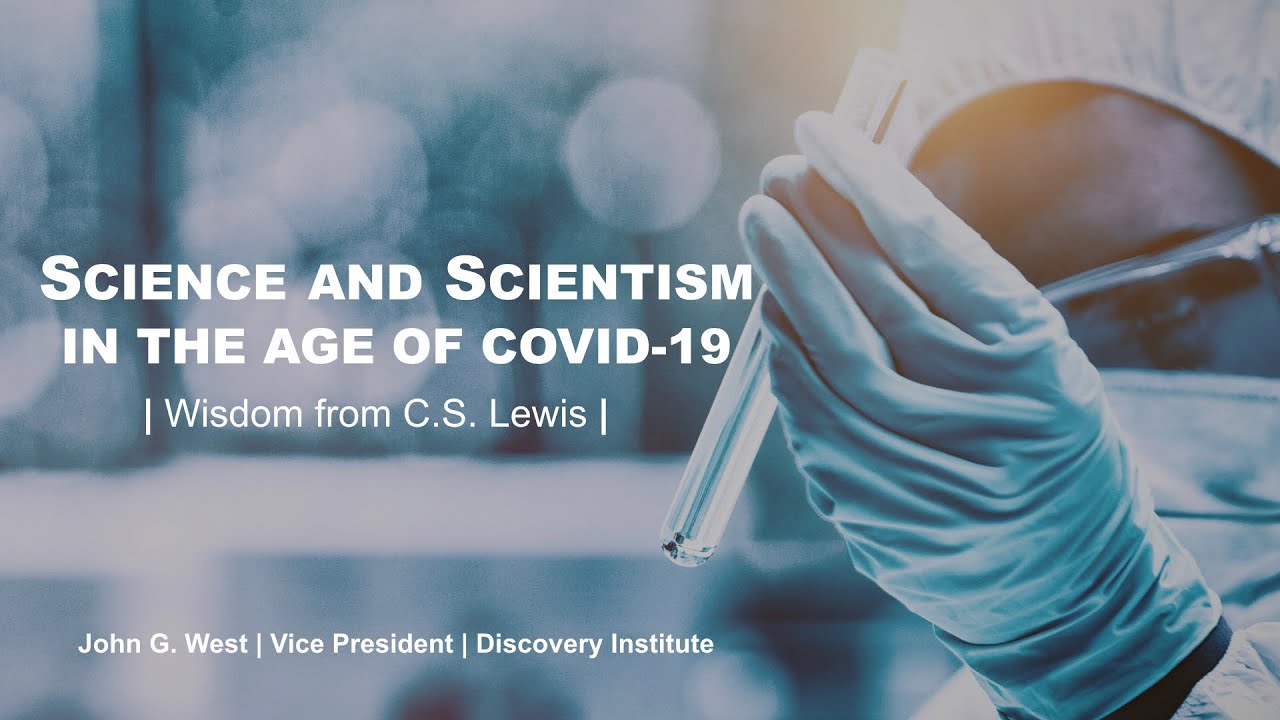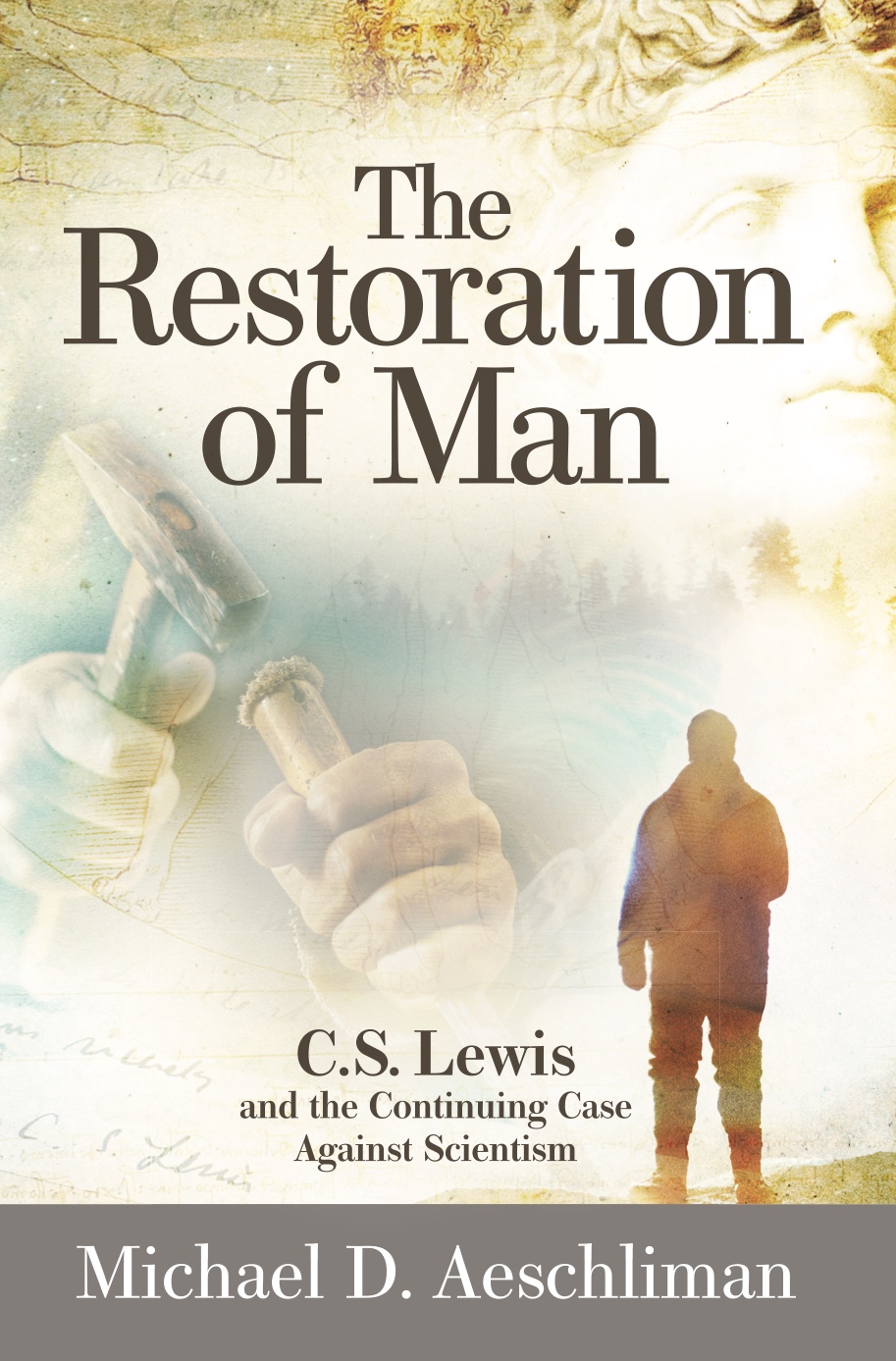In the previous century, the language wars were fought over adverbs; at issue was discipline of thought and speech. How many thousands of readers of The Elements of Style felt that mixture of shame and delight when they read what Strunk and White had to say about “hopefully”? “This once-useful adverb meaning ‘with hope’ has been distorted and is now widely used to mean ‘I hope.’ Such use is not merely wrong, it is silly.”
Oh, for the good old days.
To be sure, Orwell was there to remind us about the dangers of newspeak. But as the century ground to its weary end, the Communists were in worldwide retreat, and it seemed as though words were returning to their proper meanings.
How shocking these last few years have been. Suddenly, pronouns and possessive adjectives are on everyone’s minds. “To each their own” is ubiquitous. Today one takes a stand by using the constructions we found so cumbersome in the 1980s, “he or she” and “his or her.” Whence this strife over words? What are its deep roots? How is sanity to be defended amid these battles?
Michael D. Aeschliman’s The Restoration of Man: C. S. Lewis and the Continuing Case against Scientism, an updated edition of a work first published in 1983, has the answers.
There is a double surprise in store for Aeschliman’s readers. It is alarming to learn how the rise and growth of a scientific culture has been linked with the most blatant subjectivism. It is a joy to be introduced to the “great central tradition” of witnesses to the true meaning of words and defenders of human reason, a tradition culminating in a man here fittingly characterized as its “trustee,” the redoubtable “Jack” Lewis.
As to the first, in The Restoration of Man, Aeschliman ably chronicles how the culture associated with the new science of the 17th century began poorly and became worse. It was four long centuries ago, after all, that Francis Bacon declared, “There is nothing sound in the notions of logic and physics: neither substance, nor quality, nor action and passion, nor being itself are good notions; much less heavy, light, dense, rare, wet, dry, generation, corruption, attraction, repulsion, element, matter, form, and so on; all fanciful and ill defined.” And just three years later, Galileo followed up with “I think that tastes, odors, colors, and so on are no more than mere names so far as the object in which we place them is concerned, and that they reside only in the consciousness.” The new science began with an assault on the human race’s immemorial habit of expressing its experience of the world in ordinary language. On Bacon’s and Galileo’s principle, even a statement as simple as “The brown horse ate the red apple” would need to be called into question.
In the intervening centuries, the rejection of what we know to be the case through seeing and touching has become more and more troubling and perplexing. Darwin, for one, mused in his notebooks that thought might best be understood to be a “secretion of the brain,” without stopping to ask himself who then would be doing the understanding. Badly do we need witnesses such as Lewis and the philosopher Thomas Nagel to remind us that “scientific materialism is,” in Aeschliman’s words, “internally inconsistent and false.”
Read More ›









